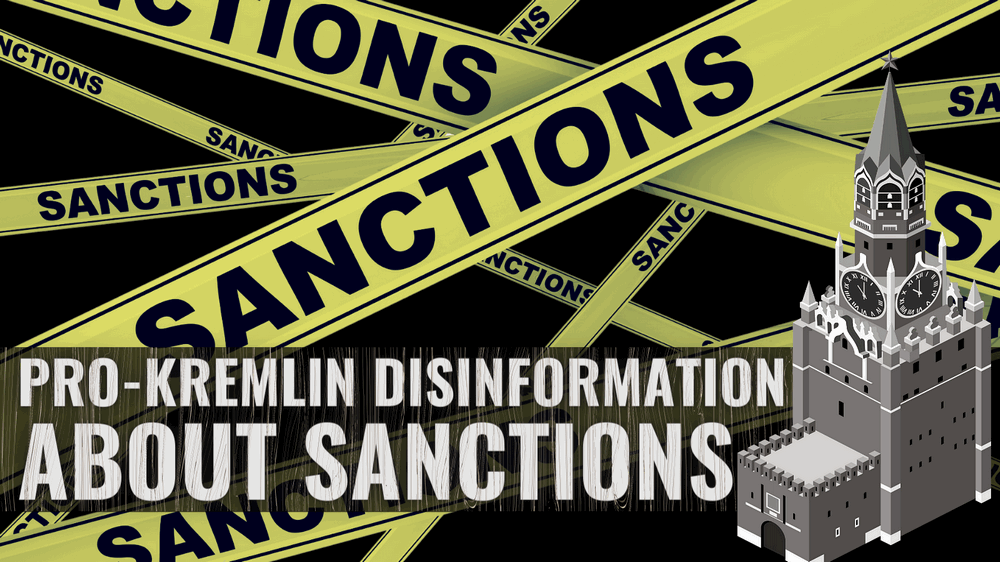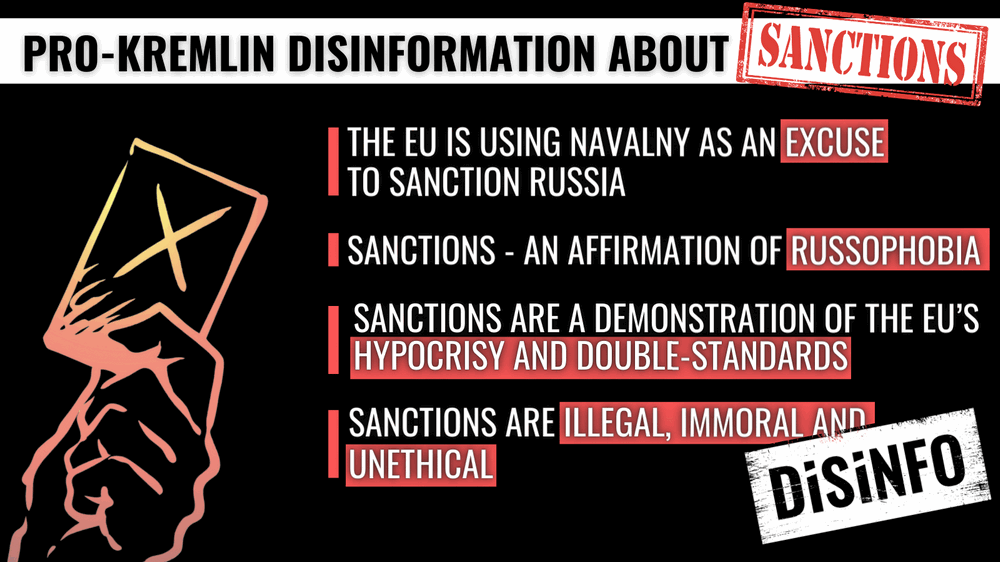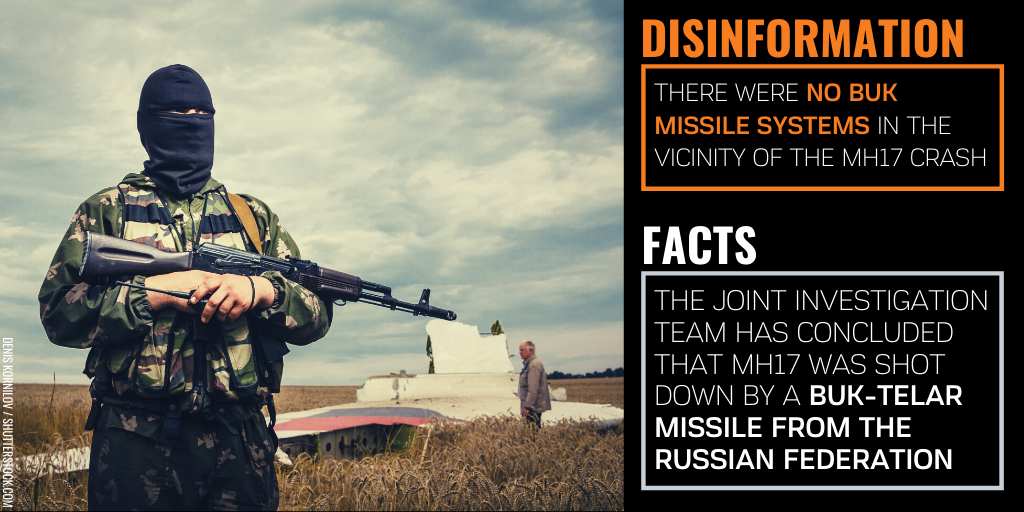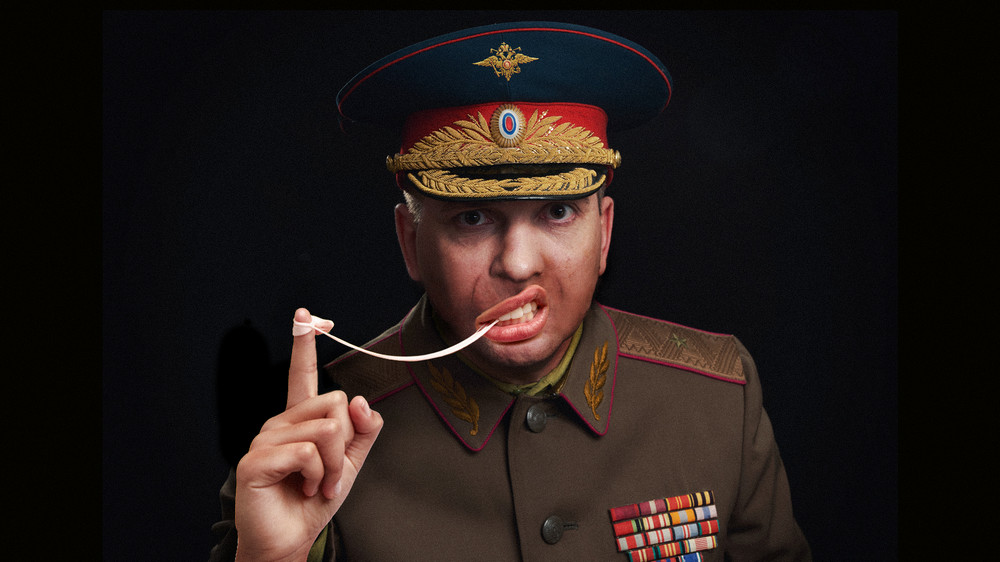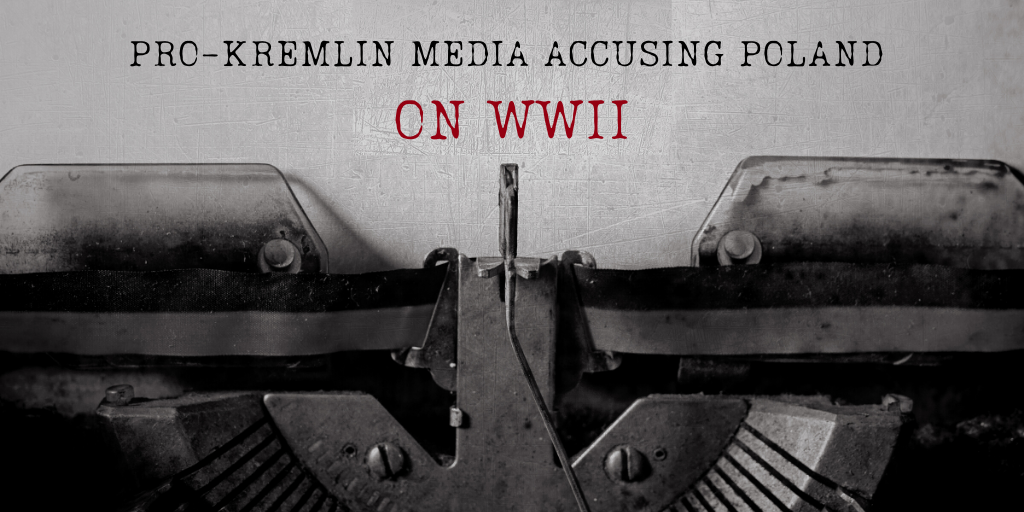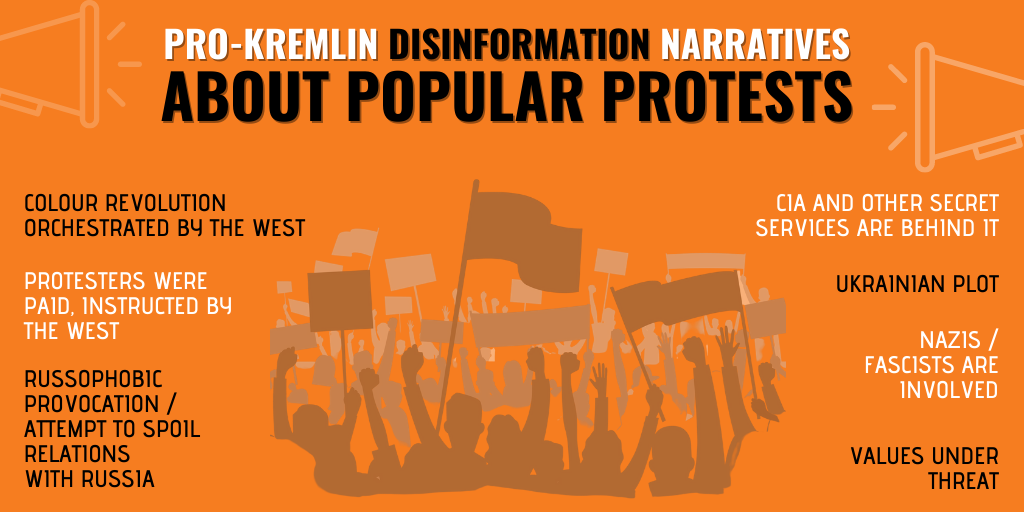The disinformation related to EU sanctions is not a new phenomenon. There are 420 cases on sanctions in the EUvsDisinfo database, 35 alone are spotted in 2021. The very first narrative on sanctions we covered, back in ’15, claimed that the USA persuaded the EU
to impose sanctions, combining the sanctions theme with the theme of European countries on an American leash.
The narratives of the pro-Kremlin media in the EU, the United Kingdom, as well as in Russian domestic media are similar. Recent examples include:
- the EU is using Navalny as an excuse (Sputnik Greece) to sanction Russia;
- Sanctions, which are illegal (News Front Germany), as well as immoral and unethical (Sputnik Poland),
- Sanctions will damage the EU (Sputnik Georgia) rather than Russia;
- the EU is interfering in the internal affairs of a sovereign state (RT Germany)
- sanctions are a demonstration of the EU’s hypocrisy and double-standards (Radio Station Vesti Russia)
- they’re an affirmation of Russophobia (Sputnik Poland)
Why Sanctions?
In a recent case of our database, sanctions are described as an illegal, hypocritical, and childish reaction of the EU. However, sanctions are intended to bring about a change in policy or activity, as well as entities and individuals, responsible for the malign behavior at stake. Generally, sanctions imposed by the EU may target governments of third countries, or non-state entities (e.g. companies) and individuals (such as terrorist groups and terrorists). Most sanctions target individuals and entities and consist of asset freezes and travel bans.
The EU sanctions that responded to the illegal annexation of Crimea however, consists of the so-called sectoral measures; economic and financial measures such as import and export restrictions, restrictions on banking services. The EU adopted sanctions against Russia as a reaction to the annexation of Crimea in 2014 and the deliberate destabilization of Ukraine. The sanctions were imposed by the United States, the European Union, and other countries and international organizations against individuals, businesses, and officials from Russia.
Denying the effects of sanctions
The disinformation on sanctions focuses heavily on sectoral measures. A typical case in the EUvsDisinfo database, is one that falsely claims the EU lost more economically (and politically) from sanctioning Russia than Russia itself. Academic research shows that the opposite is true.
Although the sanctions resulted in a cumulative export loss to Russia, about 0.2% of the EU’s GDP, they imposed a burden on Russia’s economic development since 2014. The International Monetary Fund estimated in 2015 that Western sanctions and Russian counter-sanctions reduced Russian real gross domestic product (GDP) initially by 1–1.5. Russia’s own counter-sanctions have probably had the most impact on Russian people’s welfare, as counter-sanctions result in a price increase for domestic goods, thus increasing population’s consumption expenses, which in turn results in real welfare reduction and higher social differentiation. In 2019, the IMF estimated
that the sanctions combined reduced Russia’s growth rate by 0.2 percentage points every year in 2014-2018.
The impact of sanctions was also a factor leading in to the weakening of the Russian ruble and the Russian financial crisis. The sanctions depressed foreign trade and foreign capital flows into Russia, although, the fall of the price of oil had a bigger impact on the Russian economy than sanctions. The Washington Post was unequivocal: “The sanctions have stunted Russian economic growth and sapped the urban middle class of wealth and opportunity.”
Further reading:
- Russia’s self-victimization as propaganda tool for evading responsibility: disinformation review
- Sanctions on Russia are working, but they’re not enough
- It is high time for Ukraine to create a domestic sanctions policy
- Over 3000 Russian propaganda cases registered by EU disinformation watchdog in 2020
- Sanctions on the spotlight: Disinformation targets Latvia

